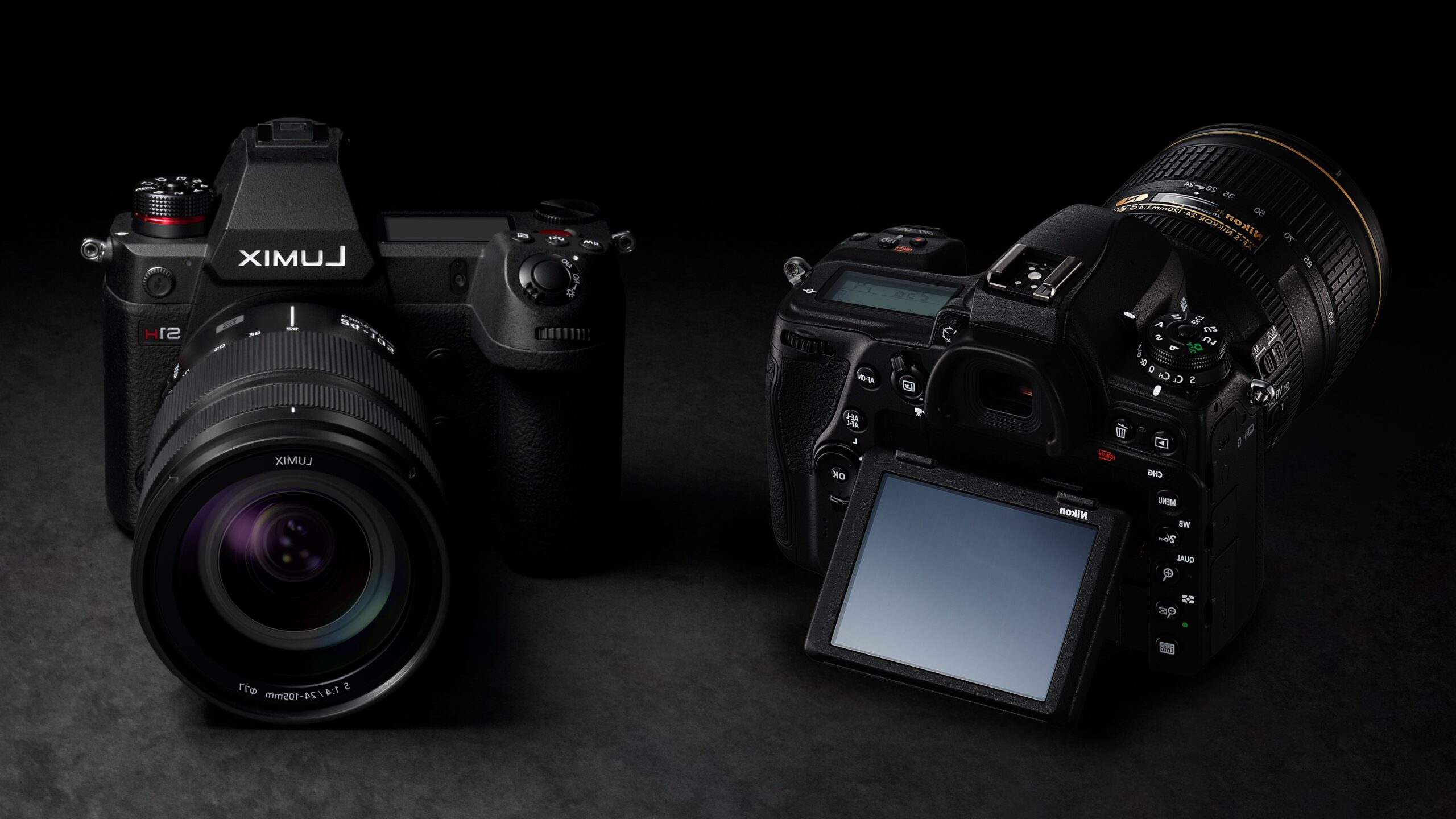
In the realm of photography, the debate between mirrorless and DSLR cameras has been a longstanding one. Both types of cameras offer unique advantages and disadvantages, making the choice between them a matter of personal preference and specific needs. To help you make an informed decision, let’s delve into a comprehensive comparison of mirrorless and DSLR cameras.
Mirrorless Cameras: Compact Powerhouses
Mirrorless cameras have taken the photography world by storm in recent years, gaining popularity among both amateur and professional photographers alike. Their compact size, lightweight bodies, and impressive image quality have made them a compelling alternative to traditional DSLRs.
Key Advantages of Mirrorless Cameras:
- Compact and Lightweight: Mirrorless cameras are significantly smaller and lighter than DSLRs, making them ideal for travel, hiking, and everyday photography.
- Electronic Viewfinder (EVF): Mirrorless cameras utilize an EVF that provides a real-time preview of your image, allowing you to see the effects of exposure, white balance, and other settings before taking the shot.
- Silent Operation: Mirrorless cameras operate virtually silently, making them ideal for situations where noise is a concern, such as wildlife photography or candid shots.
- Advanced Video Capabilities: Many mirrorless cameras offer exceptional video capabilities, including 4K and even 8K recording, making them well-suited for videography and filmmaking.
DSLR Cameras: Proven Workhorses
DSLR cameras have been the mainstay of photography for decades, renowned for their exceptional image quality, robust performance, and extensive lens selection. Despite the rise of mirrorless cameras, DSLRs continue to hold their own as a reliable and versatile option for photographers.
Key Advantages of DSLR Cameras:
- Optical Viewfinder (OVF): DSLRs feature an OVF that provides a direct, real-time view of the scene through the lens, offering a more natural and immersive shooting experience.
- Extensive Lens Selection: DSLRs boast a vast ecosystem of lenses, providing photographers with a wide range of options to suit various shooting scenarios.
- Long Battery Life: DSLRs typically offer longer battery life compared to mirrorless cameras, making them ideal for extended shooting sessions.
- Proven Track Record: DSLRs have a long and proven history of delivering exceptional image quality and performance, making them a trusted choice among photographers.
Making the Right Choice: Mirrorless vs. DSLR
The decision between a mirrorless and DSLR camera ultimately comes down to your individual needs and preferences. Consider the following factors to guide your choice:
- Size and Weight: If portability is a priority, a mirrorless camera’s compact design is a clear advantage.
- Viewfinder Preference: If you prefer a natural shooting experience, an OVF-equipped DSLR might be a better fit.
- Video Capabilities: If videography is important, consider the advanced video features offered by many mirrorless cameras.
- Lens Selection: If lens versatility is crucial, DSLRs offer a wider range of options.
- Battery Life: For extended shooting sessions, DSLRs generally provide longer battery life.
- Budget: DSLR cameras tend to be more affordable than mirrorless cameras, especially for entry-level models.
Conclusion
Whether you choose a mirrorless camera for its compact convenience or a DSLR for its proven performance, both types of cameras offer the potential to capture stunning images and create lasting memories. The key lies in understanding your specific needs and preferences to make the best choice for your photographic journey.